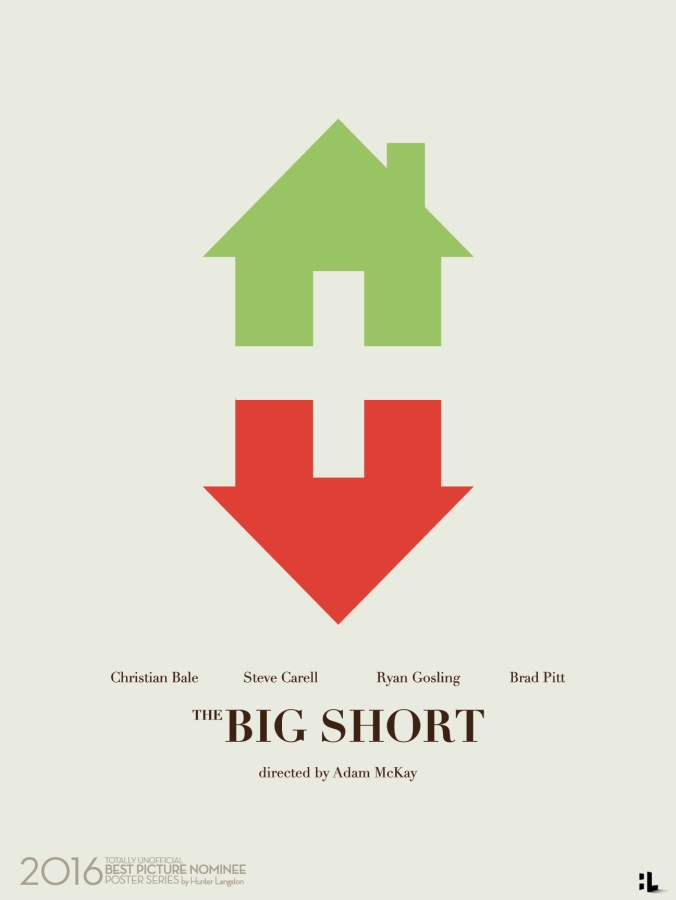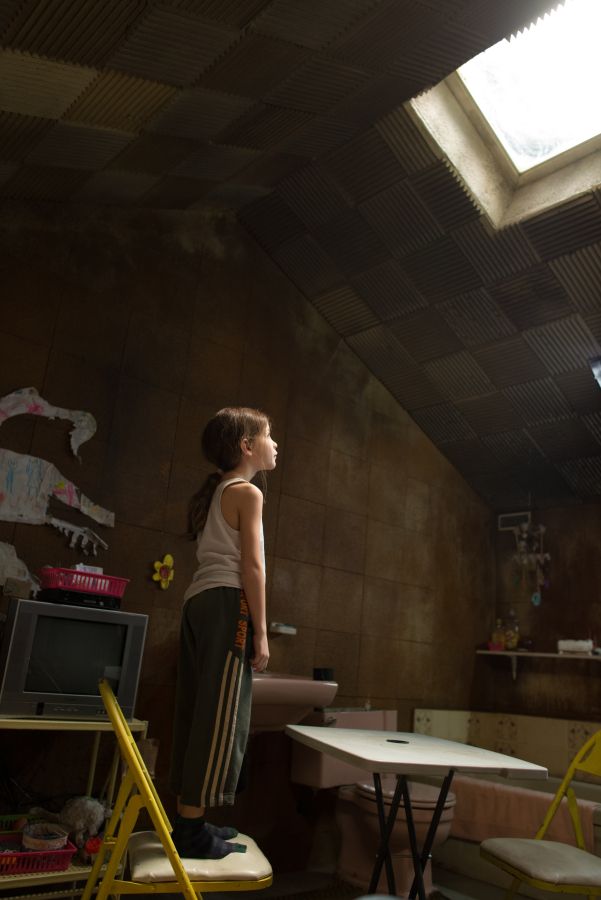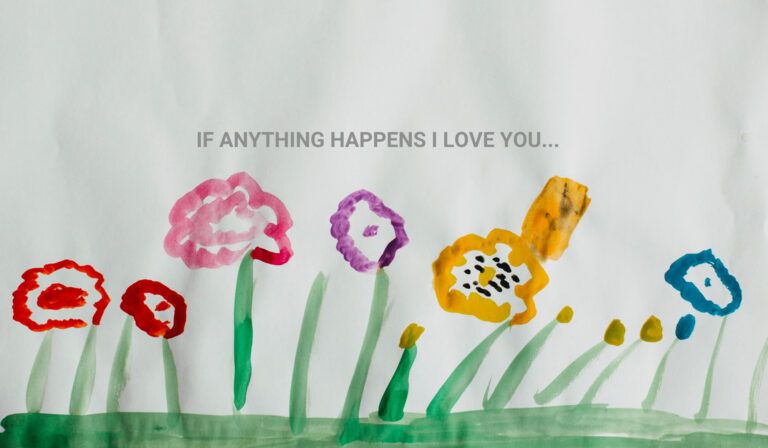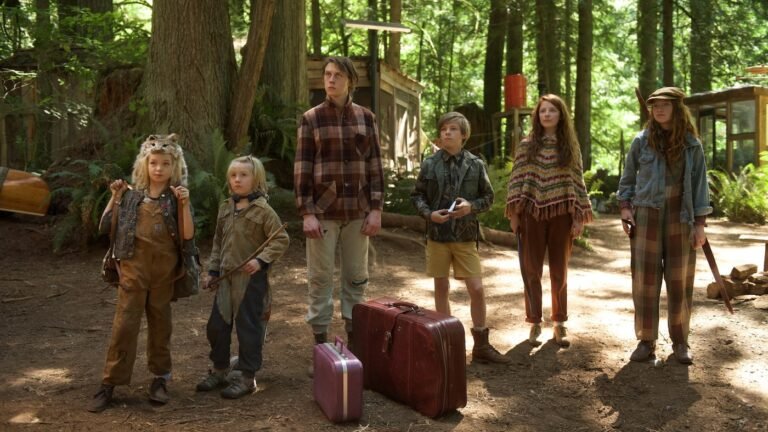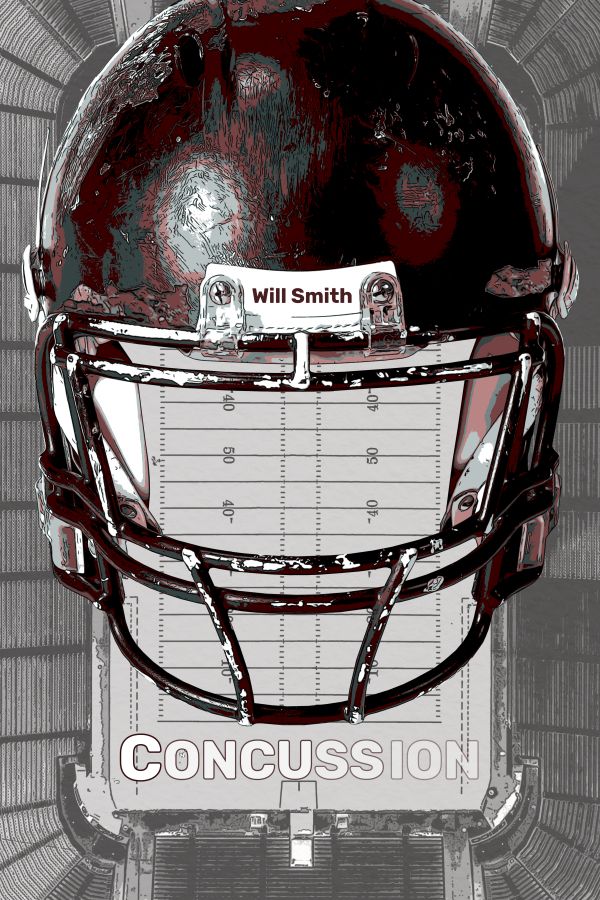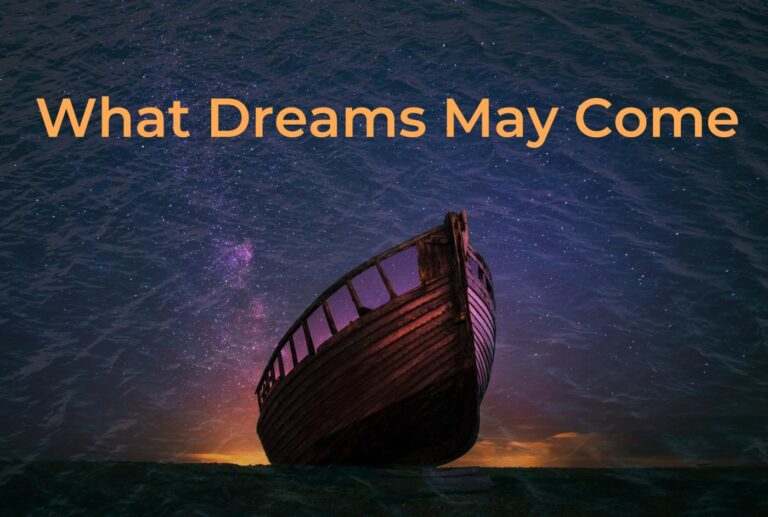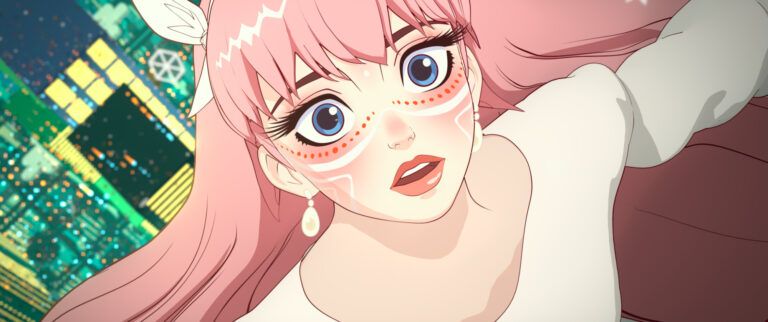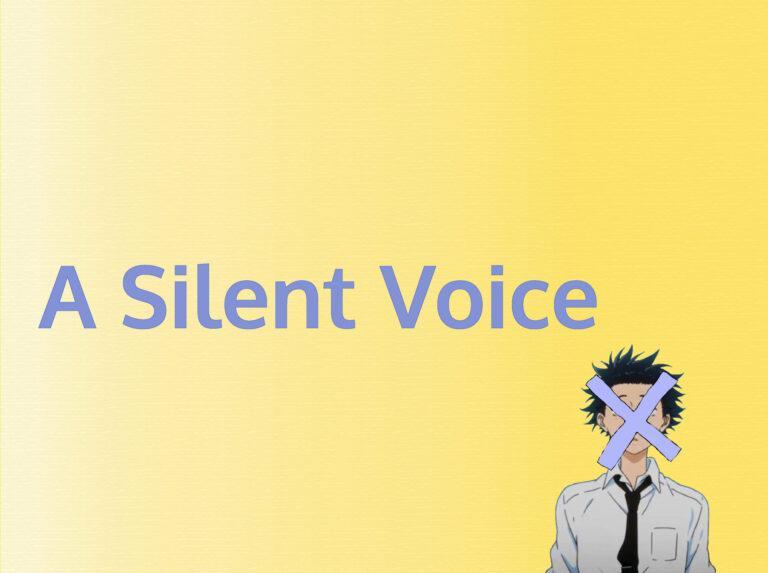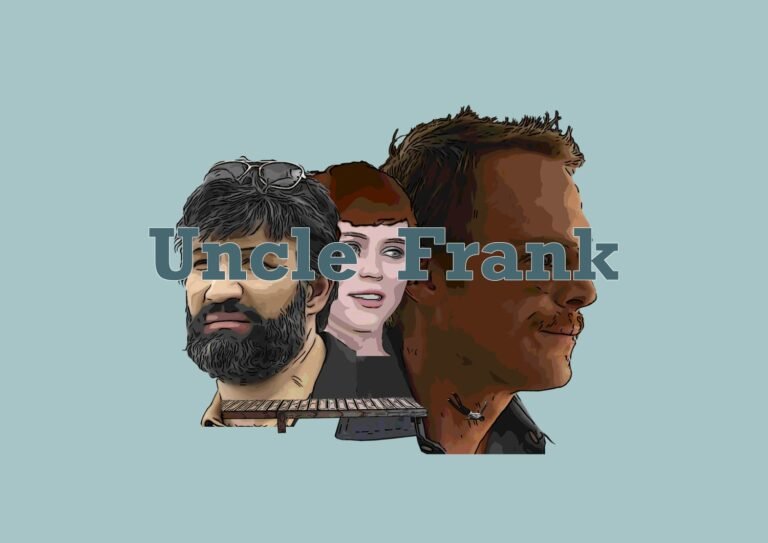The rich get richer while the poor lose everything. The Big Short covers the story of a financial crisis that would eventually have worldwide implications; the 2008 housing markets’ collapse, (of which the US economy heavily relied upon). But wait, don’t switch off!! This film avoids being a snooze-fest and is instead surprisingly engaging, politically motivating and rebel-stirring as you cheer on for the underdog – which in this case is a handful of investors who see what no one else can; the fraudulent system of the mortgage market. In this they bet against the banking systems, hoping that their eventual win will land before they bankrupt themselves. In what everyone saw as a risky move.
Based on a true story and inspired by Michael Lewis’s 2010 book on the subject; ‘The Big Short: Inside the Doomsday Machine’ the film takes the approach at times of being a documentary. There’s the jolted movement from a wide to a close-up shot in the same take, to then the refocusing in-situ. The film also inserts stock images, music-video segments, media references etc all to emphasise the thoughts behind people’s actions, whilst setting the period with its pop-culture sources and of people’s general ignorance to the impending finance crisis. Another important note of the film is its varied music; hip-hop to a couple of piano keys; each of which convey the current emotion.
Expanding upon this, the film breaks the fourth wall by having Jared (played by Ryan Gosling) talk straight to the camera; setting the scenes to come, explaining acronyms and breaking down facts closer to us in laymen terms. Avoiding a monotonous repeat of information and specifics, the film employs different tactics from visual aids such as Jenga (which by the way, has never looked so dangerous), and celebrity guests who take on the analogies and simplifying of facts; making an interesting segue that captures your attention. One prime example being Margot Robbie in a bathtub – yep the director, Adam McKay, is clever in getting your attention – and as Robbie explains; when you hear “subprime” think “shit,” her brief cameo being pure genius.
Continuing this line of information, Jared then introduces the audience to each of the big players in the film; there’s himself of course (Jared Vennett) – a hot shot investor focused on money and keen to reach the top; Mark Baum (Steve Carell) – who’s aggressive in his daily approach, loud, hates all that Wall Street stands for, and runs a hedge-fund company. Not to mention is consumed by guilt over the suicide of his brother, (also he reminds me a little of Ray Ramano’s character in Everybody Loves Raymond, at least to begin with). Much smaller in this financial world is Jamie (Finn Wittrock) and Charlie (John Magaro) who’ve not long ago left pubescence and started a small investment company called Brownfield. More than anything they’re desperate to have a seat at the big table, but because they’re newbies to this world they still haven’t lost their morals to money. Finally there is Michael ‘Mike’ Burry (Christian Bale), a living breathing information conduit; everything going in and all the interconnections being spewed out. He’s humble, but only in what he doesn’t understand – people. This results in his genius mind being treated like a child – and yet Mike seems to be the only one who’s able to see the housing market is going to crash, that is without being tipped-off to the fact – while through a series of fortunate opportunities (and some creative liberties), all the other players become aware.
At first The Big Short starts with those being personally unaffected by what’s to come in the banking world; dividing it just between those who are blind and self-assured in their confidence, to those seeing an opportunity when it collapses. But finally, only through the eyes of Mark, and later Brownfield, do we begin to see the effect on those far removed from Wall Street; the everyday people who will lose their homes, jobs, pensions – lives. The film not too delicately pointing to the divide between the wealthy elite, who boast at what they own, to the poor who desperately cling to the simple things in life. And yet, still knowing this you can’t help but look forward to that moment of vindication when the housing market crashes and those that warned them so, reap the awards – at least you hope they do, but time is running against them and they have to pay out more money for their gamble to win.
In witnessing the economic collapse of America’s markets it seems only fitting that the final analogy of their gambling is placed in the city famous for it; LA. The metaphors for the economic situation vary from the subtle – the relationships of banks and financial regulators being literally in bed together through two of its representatives – to the punch on the nose analogy, when a person in charge of rating economic risks is wearing specialised glasses because she can’t see a god damn thing.
The film happily dances between its emphasis on the stupidity of those involved in the crisis, to the outright smartness of those in seeing what’s coming – painting them as a David versus Goliath moment. The corruption of those involved being beyond belief, with The Big Short gladly marking them as the bad guys.
In having such a brilliant beginning and middle to the film – often explaining the ripples of effect, whilst treading the thin line between humour and despair – it’s a shame that the end falls a little short on its earlier quality; being rounded off too quickly, and sadly missing the mark on what could have been a rousing speech by Mark on the detriment of the system on everyday people. Instead he’s talked over as those in the room panic over the dropping of shares – yes his point is made about continuing risks, and another about the banking world’s own self-obsession and not caring beyond that, but it was handled heavily and actually served to detract from Mark’s words. Because of this, the film’s personal moment is one that hits much closer to home; when Mark finally acknowledges the pain he’s feels at losing his brother – and in this we see can see a similar effect of what could happen to others.
The Big Short isn’t light on the big Hollywood names, the film just verging on becoming a celebrity listing of who’s who, each of which play their roles with the skill they’ve become synonymous with. However, it is relative newcomers Wittrock and Magaro (as the company Brownfield) that make the film more grounded in reality – playing a believable set of friends enamoured with the banking world. But just as they start to enter the big leagues they become disenfranchised by the system, and stand appalled at its damage. Much like their friend Ben Rickert, played by Brad Pitt, his speech on “You know what I hate about fucking banking? It reduces people to numbers” – leaving a bad taste that lingers in the mouth. This feeling is emphasised for the audience, when teamed against the earlier actions of a couple of housing-sharks, who are more than happy to buy excessive luxuries, while boasting that they’ve obtained them through taking advantage of those who just wished to have the American Dream. Pitt’s role in The Big Short is smaller than the rest of the characters in the film, but it fits perfectly, for he’s not here to be a constant voice of good versus bad, but instead to help direct the audience away from the big investors battle, and to instead witness the unnamed and much larger group of everyday people who will forever be affected by the impact.
What’s the appeal of The Big Short? Firstly, it’s educative in understanding how the banking system can work – which trust me needs no spicing up in this film – and secondly, what makes it so delicious to watch is its format; from breaking the fourth wall by including the audience in their plight; in correcting points that aren’t actually true – and admitting the creative liberties they’ve taken; to other parts where you assume it’s been hyped up – and they tell you it’s not. It really did happen.
Director & Writer: Adam McKay
Other notable works:
- Winning Time: The Rise of the Lakers Dynasty 2022
- Q: Into the Storm 2022
- Dead to Me 2019-2022
- Succession 2018 –
- Ant-Man 2015
- Anchorman: The Legend of Ron Burgundy 2004
- Saturday Night Live 1975 –
Writer: Charles Randolph
Other notable works:
- Bombshell 2019
- The Wonderful Maladys 2010
Based on the non-fiction book The Big Short: Inside the Doomsday Machine by Michael Lewis.

